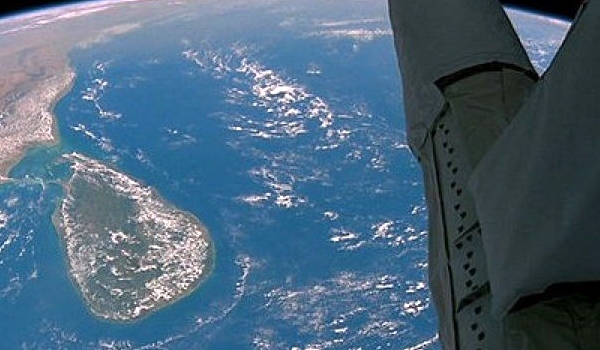This is a slightly complex question linked to the post war socio-political environment in Sri Lanka and Northern Province.
Right to station troops anywhere in the country
There is no doubt the Sri Lanka Government has every right to station troops in Northern Province or anywhere else in the country. Nobody would have questioned it in normal circumstances. Northern Province was involved in an armed conflict waged by the LTTE and the govt for over 25 years and together both sides have lost a total of over 100,000 lives in the serial wars. After the rout of the LTTE, the people of Northern Province who had lost their kith and kin, livelihood, properties and much more are yet to fully recover from the trauma of war.
During the last five years the government’s efforts have been mostly to revamp the public services and infrastructure. It has failed to attend to their political, social and survival problems As a result the government has failed to create climate of security and trust in its actions among the public. Had the government approached the problem of rehabilitation with greater sensitivity probably nobody would have objected to the continued presence of army in the midst of predominantly Tamil province.
Unkept promises on devolution
Ever since he came to power, President Rajapaksa had made repeated promises to India and the international community to devolve reasonable powers to Northern and Eastern provinces.
In a report in The Hindu of October 29, 2008 of an interview with the President said: “Asked about the contours of the political solution he had in mind, Mr. Rajapaksa explained his four ‘Ds’ approach – Demilitarisation, Democratisation, Development, and Devolution. When the 13th Amendment was introduced in the Sri Lankan Constitution at the instance of the Indian government, it could not be implemented in the North and the East because “there was no political will on either side to implement it.” But as a political leader, he had announced his government’s “intention of implementing this for the first time. We have given that assurance to the Tamil people of my country and to the international community. We are going to do it. This is not to satisfy anybody. It is my duty by the people of this country.” But he never kept up his promises; all that has happened since then was he stopped speaking about 4 Ds and 2 Ds – demilitarisation and devolution – have been forgotten.
India extended support to President Rajapaksa’s Eelam War despite severe domestic opposition from Tamil Nadu because Rajapaksa promised to implement not only the 13th Amendment to the Constitution (giving a level of autonomy to Tamils) but go beyond that (13+). He has not given what he can or cannot give when TNA presented its demands when they held 15 rounds of meetings. He has used the ploy of leaving the job of evolving a consensus solution to the Parliamentary Select Committee (PSC) in which no opposition party is participating as they suspect its credentials.
Blog: http://col.hariharan.info
By Col. R. Hariharan
(eurasiareview.com)






